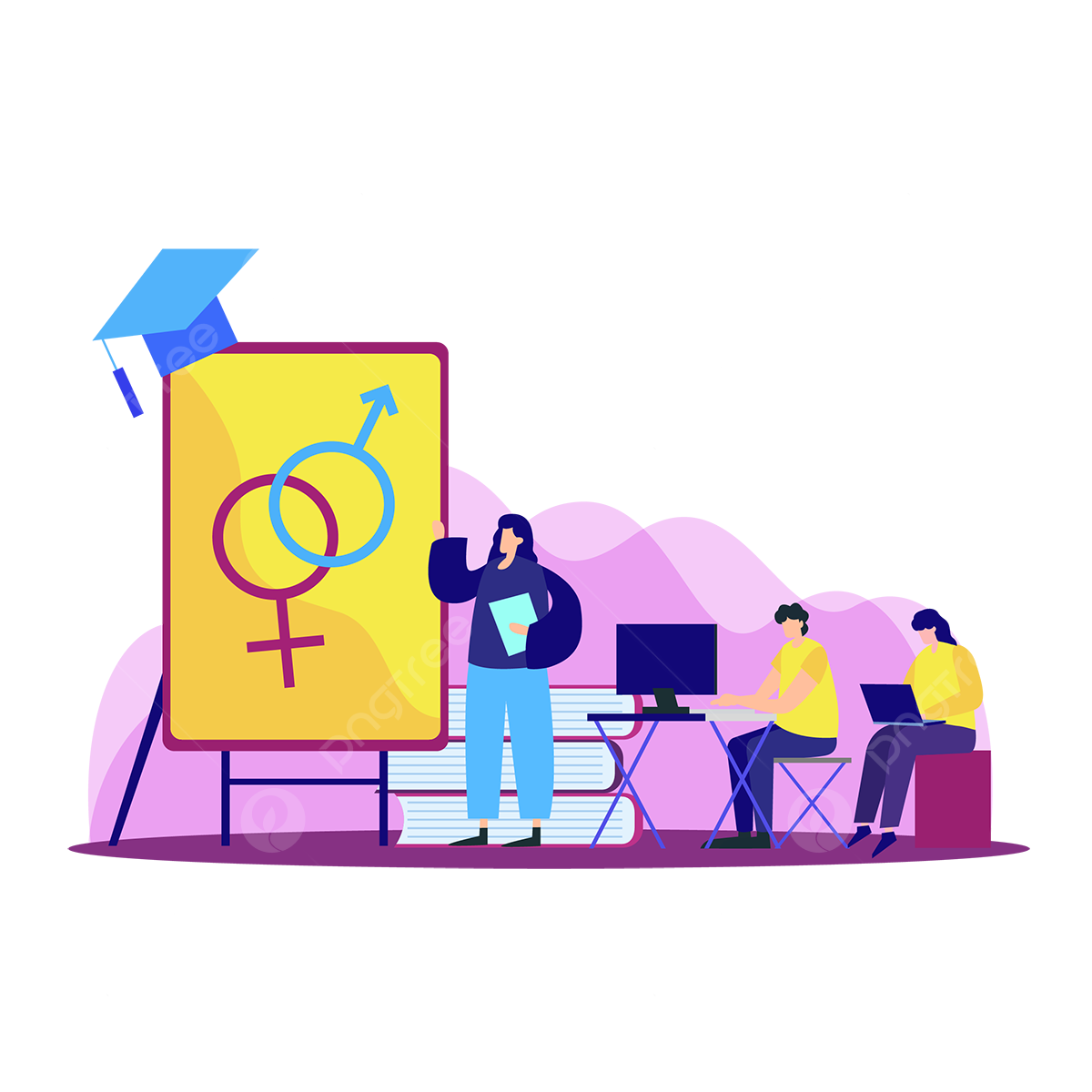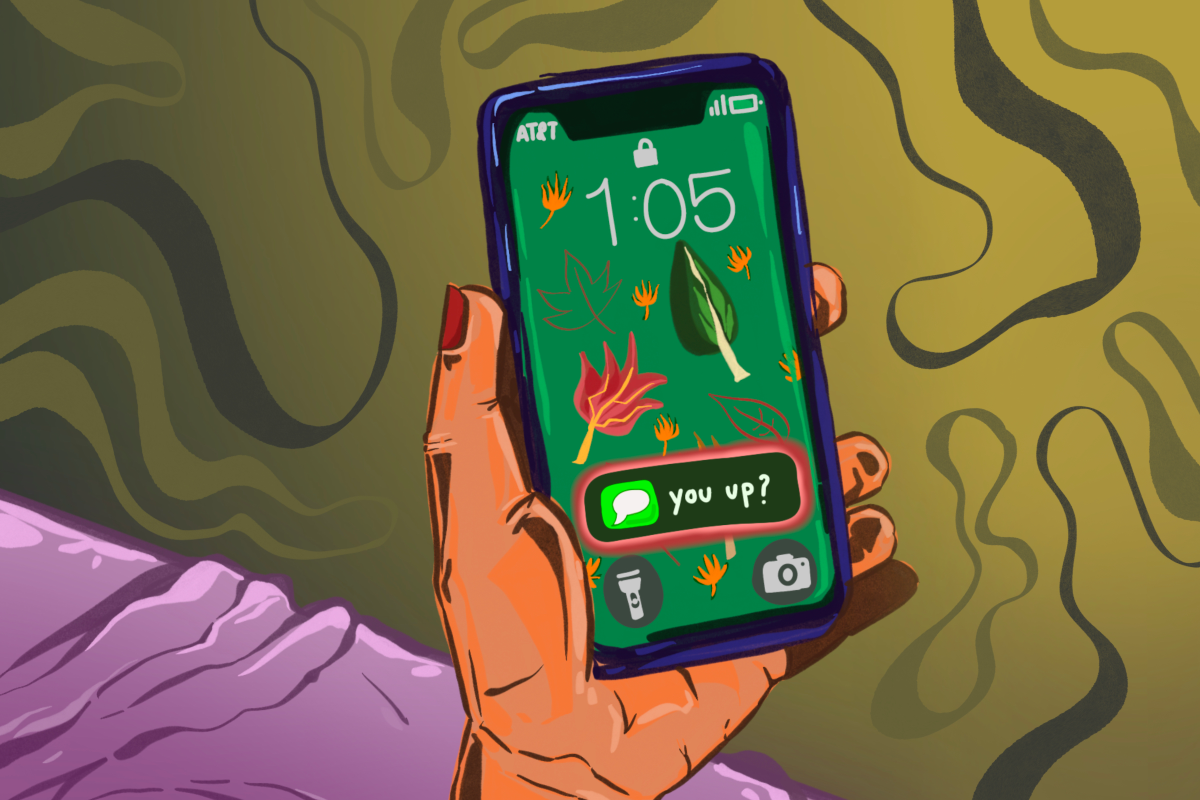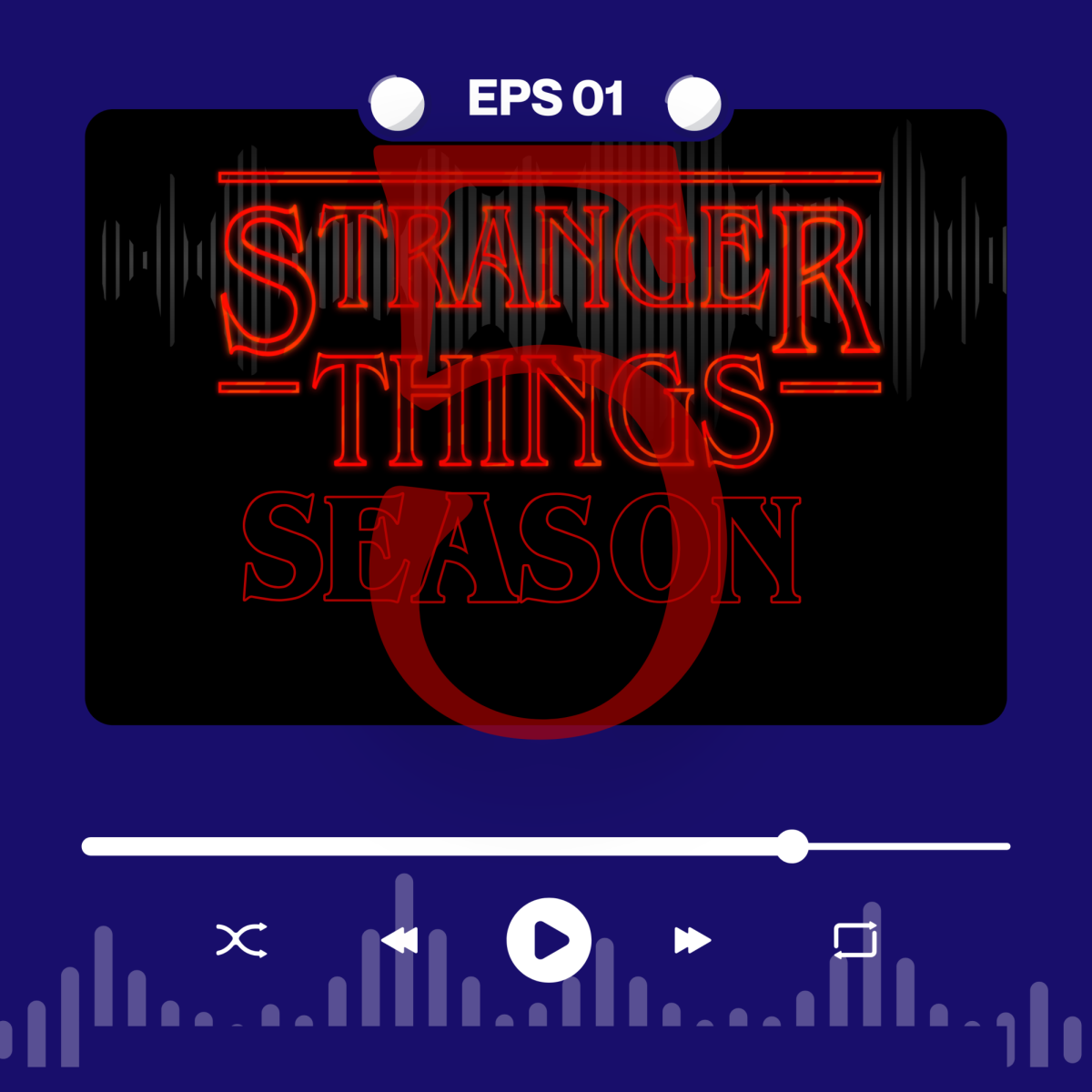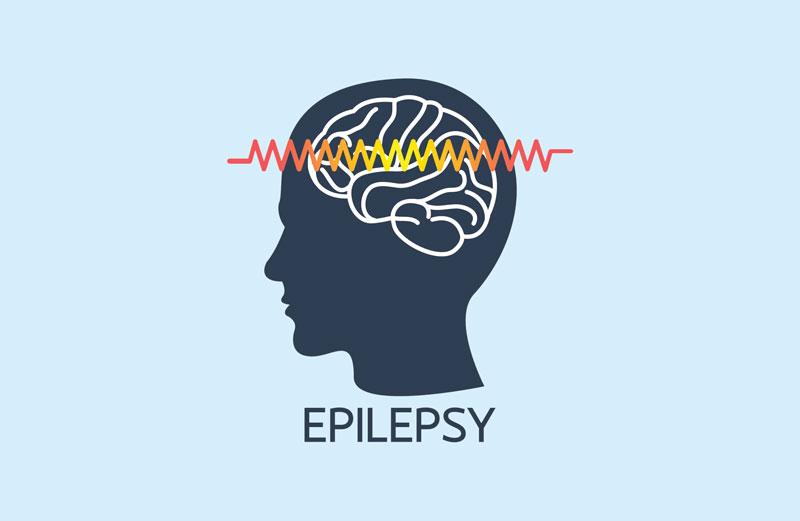Epilepsy is a disorder where nerve cell activity in the brain is disturbed, which causes seizures. Epilepsy can result from a genetic disorder or a brain injury such as trauma or stroke. Epilepsy is a central nervous system (neurological) disorder that makes a person’s brain activity becomes abnormal. As a result causing seizures or periods of unusual behavior, sensations, and even loss of awareness. Anyone can develop epilepsy; it affects both: males and females of all races, ethnic backgrounds, and ages. For some people, seizures go away at some point, but they require lifelong treatment to control the seizures. For adults or children who have severe epilepsy syndromes, the chances of them being seizure-free are not good, but seizures can decrease or stop over time.
The main causes of epilepsy are stroke, brain tumor, a severe head injury, drug or alcohol abuse, brain infection, or a lack of oxygen during birth.
Can someone live a normal life with epilepsy? Yes, a lot of people can live a normal life with epilepsy. Although, people who have had it for a long amount of time or who struggle more at controlling it are at a higher risk of being unemployed. Those people may end up needing assistance for everyday activities.
Warnings of epilepsy are, temporary confusion, which is also described as a “fuzzy” feeling, a staring spell, uncontrollable jerking of the arms and legs that are uncontrollable, going unconscious or unaware, psychic symptoms, out-of-body feelings or not feeling “in the moment”, or even memory lapses. Some late warning signs are unusual smells, tastes, sounds, or sensations, nausea, Deja vu feelings, intense fear and panic, and so much more.
There are lots of medications for different things. Medications for nerve pain blocks pain caused by damaged nerves. Those medications are Topiramate (which can treat and prevent seizures and can also prevent migraines), Gabapentin (it can treat seizures and pain caused by shingles), and Pregabalin (which can treat nerve and muscle pain, including fibromyalgia and can also treat seizures). Sedatives that cause drowsiness calmness include: Midazolam (it can help relax patients or make them sleepy before surgery or medical procedures), Phenobarbital (which can treat seizures and epilepsy and can also relieve tension, anxiety, and insomnia), Diazepam (it can treat anxiety, muscle spasms, and seizures), and Clonazepam (can treat seizures, pain disorder, and anxiety), be cautious with those as some types can become addictive. Anticonvulsant prevents or controls seizures, relieves pain, and treats symptoms or certain psychiatric disorders. These include Carbamazepine (which can treat seizures, nerve pain, and bipolar disorder), Topiramate (which can treat and prevent seizures and can also prevent migraine headaches), Phenytoin (can prevent and treat seizures), Felbamate (which can control partial seizures in patients who have failed other treatments when given by themselves or with other medications and it can also treat a type of epilepsy in children called Lennox-Gastaut syndrome), Lamotrigine (it can treat seizures and bipolar disorder), Valproic acid (can treat seizures and bipolar disorder and can also help prevent migraine headaches), and a few more.


































